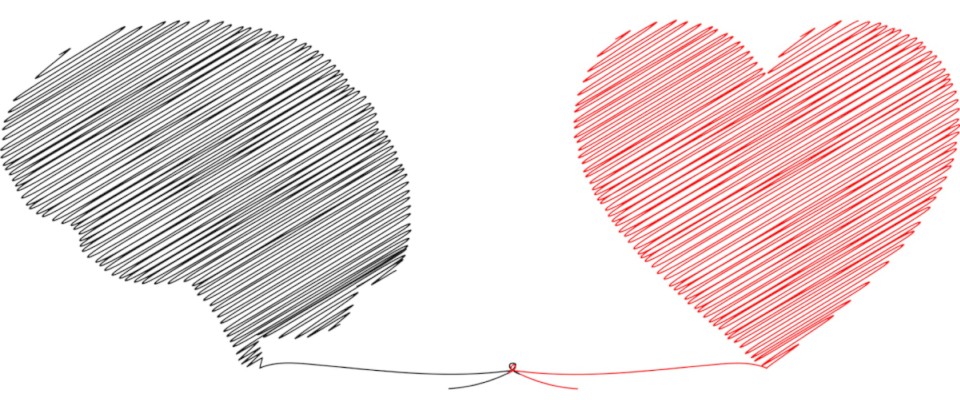Whenever I experience that someone is not telling the truth, it undermines trust. Being on the receiving end of finding out that we were not deemed worthy or capable of knowing the truth creates an emotional barrier. From that perspective, it often seems difficult to understand the motivation behind a lie as anything other than intentional deception—having the purpose of being kept in the dark, for the sole benefit of the person telling the lie.
A question that naturally came up is: Why do I lie about anything?
In my own past, I can certainly find evidence for this relatively more selfish motivation. After being with my first ever boyfriend for about three years, I kept the full truth of how I felt about our relationship from him, and started seeing other men “on the side”. While I do believe that some of my concern was for not wanting to hurt his feelings, I recognize that what mattered most was to avoid losing his affection—as difficult to enjoy as our relationship had become.
How selfish was that motivation? Clearly, I was the person benefiting from it, right? One of the major components I have found making it difficult in such situations to reveal a secret is the inevitable vulnerability that comes along for the ride. I want to be loved or—in other kinds of relationships, with friends or at work—at least be approved of. And there seems to be an ancient psychological mechanism at work preventing me from simply coming straight out saying, “hey, there is a problem between us that I feel we must address.” It’s a sense of panic when imagining the consequences of telling the truth that keeps me trapped in the lie.
Is this maybe a more general, and at times legitimate, reason for not telling the full truth though? Imagine that you are in possession of some knowledge that, if exposed, might lead to an uncontrollable panic. This could mean a lot of innocent people getting hurt, whereas by not revealing the secret you expect a much smaller amount of damage. Would that be a good enough reason to keep the secret?
And here I believe that human evolution has placed a very difficult-to-untie knot in our path: our natural tendency to exaggerate the risk of negative outcomes. With the fear of being eaten by predators while foraging for food, this trade-off can make perfect sense! Even if you feel only slightly unsafe about the potential risk from a far-away predator, it does protect your life—and with it your genes, hence the selective advantage—if you care more strongly about the risks than the opportunities.
When it comes to the difficulty of dealing with the bias of focusing on the potential damage of revealing the truth, the first thing that has helped me the most is to become aware of how my mind is keeping some truths even from me. Rather than being honest about telling the truth coming with the consequence of vulnerability, there is the internal lie that I do it to protect others. And this lie I was telling myself was to protect me from feeling even more vulnerable. It’s a classical catch-22…
So, maybe the next time you can vaguely sense that someone isn’t entirely truthful—including yourself concealing something from others—my suggestion would be to consider providing a lot of space for the vulnerability behind the motivation to conceal parts of the truth. If the person (or you yourself) can sense that it is OK to be vulnerable, and that the initial choice to conceal part of the truth is not met with additional punishment, I believe there is a chance for at least some more of the truth to emerge. That may take quite some time, especially since we often enough make the experience that telling the truth isn’t particularly rewarded by others…
